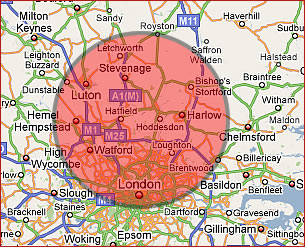Solitary Bees (Mason/Mining Bees)
David Parnell can assist with your solitary bee problem where a treatment is really necessary from just £45.00. You can arrange your detailed inspection and quotation by calling David today on Freephone 0800 118 2101 or 07761 373 060.
Dealing with Solitary bees and other pollinators
Solitary bees are so named because they do not live in a colony like honey bees or the much larger bumble bee and yet there are approximately 12 different species to be found here in the UK. Many species either make or use a small hole in a suitable substrate in which to lay eggs followed by a layer of pollen and nectar for the newly hatched larvae to feed, Each egg site can contain several individually housed eggs and store rooms before being plugged with pulped soil or similar through the mouth parts of the insect..
All this activity is very beneficial from a pollination aspect but unfortunately, we seem to live in an age where if it buzzes and resembles a wasp it must therefore sting and should be destroyed? Wrong!
Solitary bees are pollinators like honey bees and not predatory like wasps and hornets so treating them with an insecticide should be totally unnecessary. Whilst most solitary bees do have a sting it would appear it is incapable of penetrating human skin? Taking this and their extremely docile nature into account it is therefore highly unlikely anyone is going to get stung!
Mason bees can often be found during May invading the mortar of old buildings and in some circumstances can gather in fairly large numbers though all acting as individuals. The most effective form of eradication for the mason bee is to repoint brickwork and replace areas of weak brickwork and mortar.
Mining bees will usually invade areas of cultivated lawn and can leave unsightly small mounds of excavated earth. Sprinkling the area with water on a regular basis will usually encourage them to move on. Most species of commonly found solitary bees have a relatively short season and will typically finish by early to mid-June.
Feral honey bees can have a habit of setting up home in the most awkward of places like chimney’s, wall voids and under soffit boards. Under these circumstanses this is not good news if they have to be removed. Honey bees form a crucial link to the human food chain so we have to tread very carefully when dealing with this particular species. I will be setting up a separate page dedicated to feral honey bee issues and what’s involved in removing them within the next few weeks. Please be patient while I develope this page during April 2015
Our entire bee population within the UK is under serious threat so it is time to embrace all of these valuable pollinators and start treating them as our friends rather than an enemy of the state!
Please call us for further details and more information.
You can arrange your detailed inspection and quotation by calling David today on Freephone 0800 118 2101 or 07761 373 060





